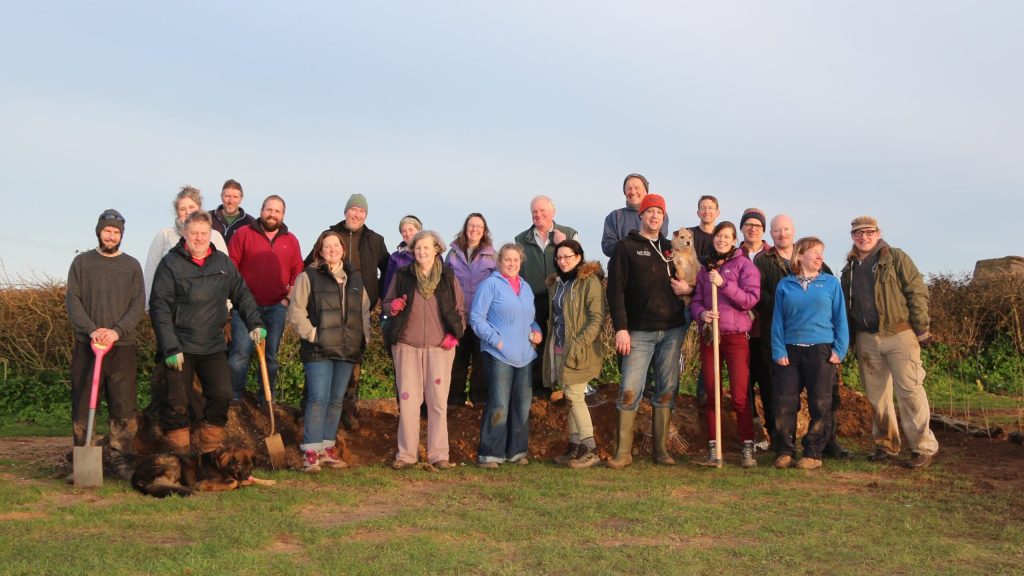
Conservation Volunteering
New Thursday sessions starting 12th September 2024
Volunteer with conservation projects on the farm, helping to restore and create habitats for biodiversity. Spend time outdoors, get some exercise, meet people whilst make a difference for wildlife.
At Deepdale Farm, we’re changing the way we farm. We have taken 60% of our land out of production to manage it for wildlife, and we’re restoring and improving habitats across the farm. We’re farming alongside nature, growing organic crops while providing food and habitat for birds, invertebrates and other wildlife.
Join us to do a range of work around the farm, including hedgerow restoration and woodland management. Sessions will run every fortnight on Thursdays, 9.30-12.30 with a well-deserved tea break of course!
All abilities and levels of experience are welcome. If you’re not sure what you’re doing, we’ll show you, but if you’ve done this kind of thing before, we can really use your skills! If you’re interested, please email us to join our mailing list so we can keep you up to date with session details. There is no need to commit long term, but we hope to have relatively regular attendees to compliment our core crew of experienced volunteers.
Norfolk Rivers Trust at Deepdale Farm
From time to time, Norfolk Rivers Trust bring their dedicated volunteers to the farm with the aim of improving flood resilience and water quality for the River Burn catchment in North West Norfolk.
About these events
Riverscape East Anglia is supported by WWF-UK and Aviva and led by Norfolk Rivers Trust, the project aims to build healthier more resilient ecosystems to reduce both the risk of climate related natural disasters and the effects of climate change.
This is a great opportunity to support the Norfolk Rivers Trust and their Water Sensitive Farming initiative. Storm Ciara and Storm Dennis hit Deepdale farm in January 2020 and combined with the wettest winter in 10 years, the fields became saturated. Ultimately, this caused surface flooding which affected the A149, Burnham Deepdale church and a nearby house. The team at the farm quickly acted by reaching out to the Internal Drainage board and Norfolk Rivers Trust for support. Natural Flood Management (NFM) was used to remedy the flooding, as well as to plan for a wetter future.
The Burnham Brisk attenuation pond and it’s linked interventions were designed, constructed and completed by August 2020 as a natural, low-cost and sustainable means to reduce future surface water flood risk and enhance biodiversity. The project has been a success – Autumn 2023 through to January 2024 had higher rainfall than in 2020 and the farm and surrounding area remained flood free.
Details of any particular session will be shared in advance.
Bat monitoring: May – August
Volunteering with the Norfolk & Norwich Bat Group
This summer, we hope to monitor the barbastelle bat population on the farm, and track down their maternity roosts. But we need volunteers to help with this project. The Norfolk and Norwich Bat Group can provide training, so you don’t need to have previous experience, but you do need a keen interest in bats and to be prepared for late nights.
Licensed bat workers will trap the bats with mist nets and put radio-tags on a small number of adult females. During the day, volunteers can help locate the tagged bats using tracking equipment. We expect them to be roosting in trees in their maternity roosts with other females. In the evening, volunteers can also assist in counting the females emerging after sunset using video cameras and thermal imagers. This will give us an idea of colony size.
The first step will be to put bat detectors out in late May along the woodland rides which are likely flyways. If there are barbastelle calls soon after sunset and before dawn, that would indicate the presence of roosts.
We would put radio-tags on females and track them to their roosts, then watch the roost tree from sunset to count them as they emerge. Barbastelles switch roosts quite often, so we would do this until the tag battery dies (about 10 days) or the tag falls off (probably earlier). This should locate several roost trees.
The trapping and radio-tagging can be done in early June before the females become too heavily pregnant, in which case the counts are just adult females. Or else in late July to early August when the young are flying and the count will be adult females and juveniles.
You can read more about the wider Norfolk Barbastelle Study Group on the Norfolk & Norwich bat group website.
If this volunteering opportunity interests you, please email us and we can provide you with more details.
What to wear and bring for volunteering days
We will provide more specific details for each volunteering opportunity. But generally, you’ll need to come dressed for a variety of weather conditions and manual work; practical shoes, thick socks, layers and waterproofs are a good idea. Don’t wear anything you might regret getting dirty or damaged.
Most importantly, come ready to work as part of a team, with a sense of humour. This work is fun, but sometimes the weather can be challenging.
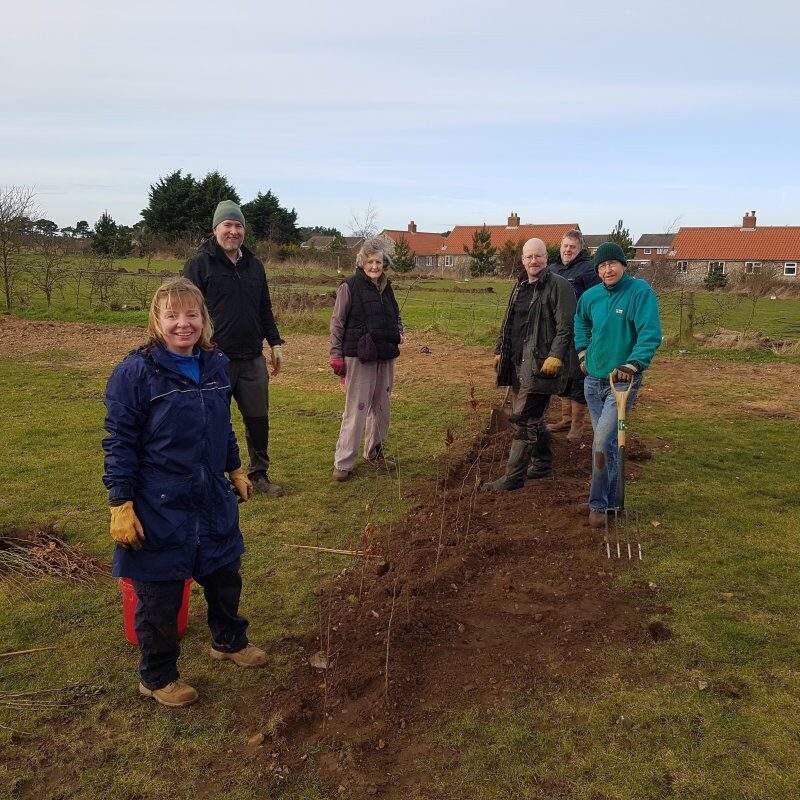
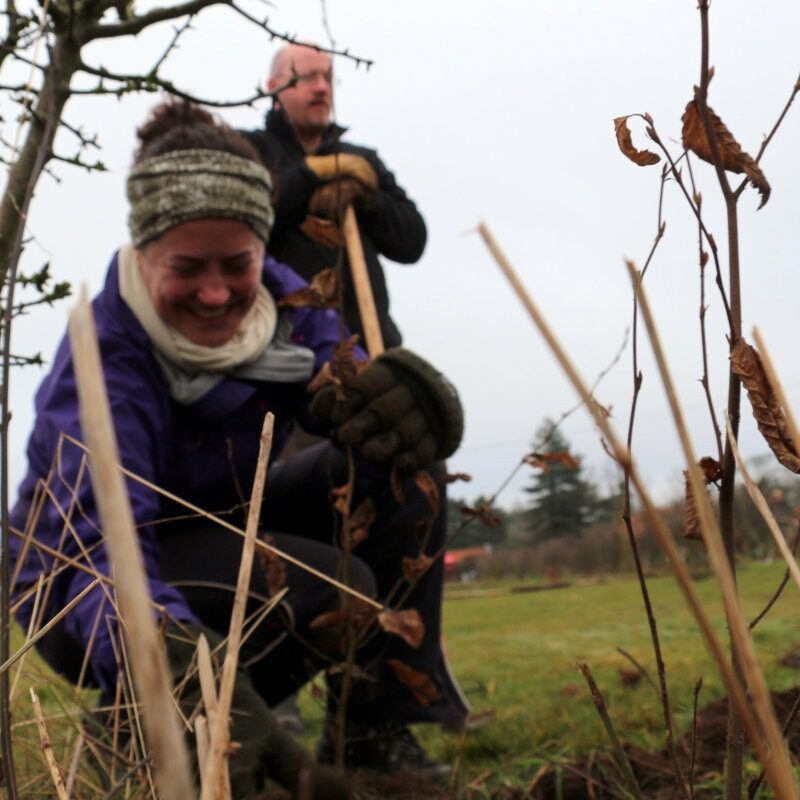
We will provide for volunteering days:
- training in any jobs you need to do
- all tools and equipment you might need
- supervision by first aid trained staff – we want you to be safe
- hot drinks and biscuits
Example plan of previous volunteer weekends on the farm
Friday evening – dinner and introduction to Deepdale Farm
Saturday – meet 9am ready for action. Break for lunch. Afternoon jobs. Evening meal and bonfire.
Sunday – meet 9am ready for action. Break for lunch. Afternoon jobs if you’re able to stay.
The session is free, but signing up online ensures we have your details and know how many people to expect.
If required, a range of accommodation is available with Deepdale Rooms & Camping.
Meals – Friday and Saturday dinner, and Saturday and Sunday breakfasts will be provided by Deepdale Farm. You will need to bring your own packed lunches. Deepdale Stores is just next door and there may well be tasty leftovers from breakfast!
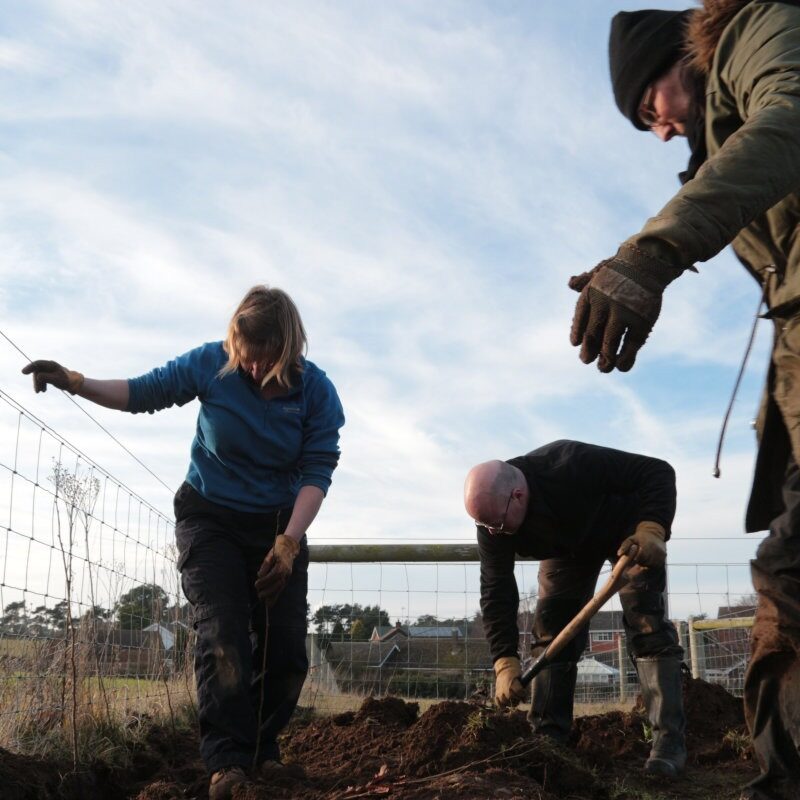
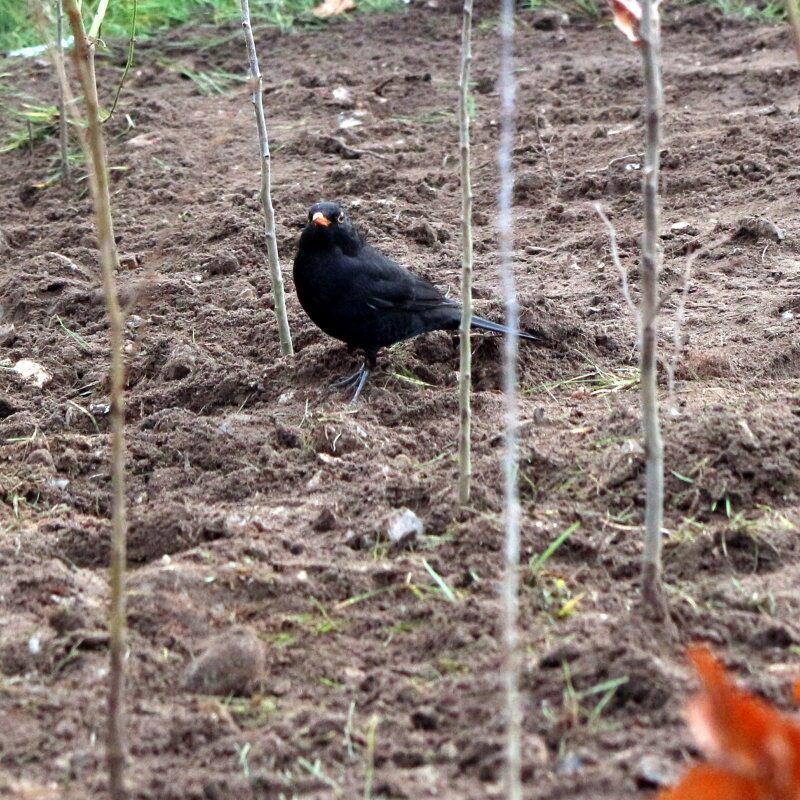
More opportunities to volunteer with conservation projects
We have a wide range of conservation projects around the farm and volunteers enable us to get jobs done with a larger team, that would take us months with just our small team of permanent staff. Team work really does make a difference. If you want to keep up to date with opportunities to volunteer with conservation projects then please join our mailing list or follow us on social media.
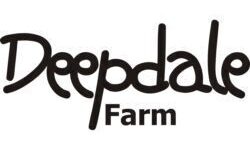

You must be logged in to post a comment.